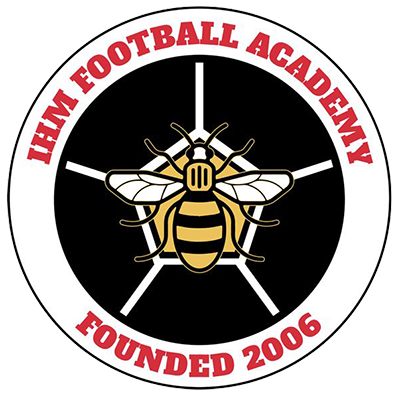 Duncan Watmore
Duncan Watmore
What have all these professional football players got in common? Duncan Watmore, David Wetherall, Barry Horne, Steve Palmer, Shaka Hislop, Iain Dowie, Gudni Bergsson, Oliver Bierhoff.
Yes, that’s right; they are all university educated to first degree level.
Does that make them better players? Well, no, not necessarily. However, when you consider that two out of every five players are made bankrupt within five years of retiring from professional football, often because they have little education or training to fall back on, it makes you wonder, doesn’t it? Lee Hendrie, David James and Keith Gillespie all filed for bankruptcy within 5 years of ending their pro-football careers.
“Football can be a short and insecure career,”
says Paul Raven, a Manager in the Education Department of the Professional Football Association (PFA).
“The only certainty when becoming a footballer is that, at some point in the future, you will become an ex-footballer. Players have to prepare for an alternative vocation beyond their playing career – which statistically could last less than eight years on average.”
Duncan Watmore gained a first class degree in Economics and Business, starting his studies at Manchester University before he signed for Sunderland in 2013 and going on to complete his degree at Newcastle University. He won’t pretend that it was easy, but feels it gave him perspective when training got tough.
“”My degree was a good escape when I wanted something away from football,” the 21-year old says.
“Sometimes the game can be quite full-on, very 24-7. Doing the degree would take my mind off it and was quite academically stimulating.
David Wetherall, the first player to graduate with a first back in 1992, similarly believes that education and qualifications will soon become a normal part of many young footballers’ development.
“When I was coming into the world of football,” says the chemistry graduate, “I stood out by deciding to do A Levels instead of an apprenticeship – which was the usual path to take in the football club environment.
“But with an increasing number of college courses available, I think the footballers of the future will have the support and qualifications they need to thrive when their playing careers are over. So few footballers have qualifications at the moment because they’re swept up and turned into professionals at such a young age – but I don’t believe committing to football is short-sighted of them.
“To be a successful footballer you need to commit one hundred per cent, but Duncan Watmore has shown that you can achieve success both on the pitch and in the classroom. So, in my opinion, I think Watmore’s success may have opened the door for future players to follow in his footsteps, and that we might see many more well educated pro-footballers in the years to come.”
We will if IHM Football Academy gets their way. Our key belief is that our players should devote the same dedication to their studies as they do to their football. Be the best that you can be; on the pitch and in the classroom!










